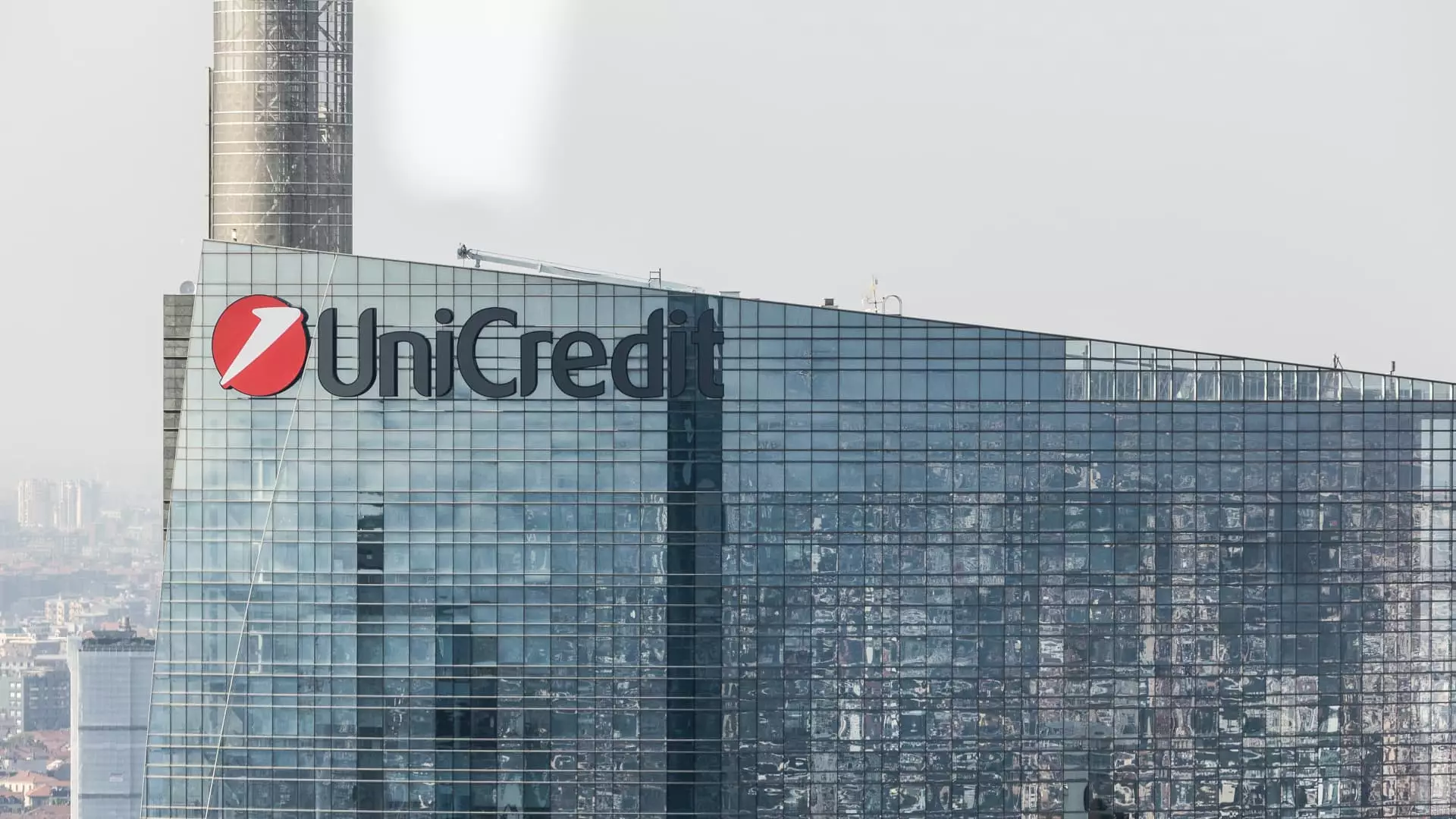In a significant development for the European banking landscape, Italy’s UniCredit announced an increase in its stake in German lender Commerzbank to 28%. This growth, which witnesses an elevation from a previous holding of 21%, highlights a strategic maneuver by UniCredit as it utilizes a combination of direct investments and derivative instruments. Currently, UniCredit’s direct ownership stands at 9.5%, complemented by approximately 18.5% through derivatives. This latest move is seen crucial as it not only reflects UniCredit’s ambition but also sets the stage for a potential buyout of Commerzbank, should necessary approvals be obtained.
Particularly notable is UniCredit’s application to the European Central Bank (ECB) for permission to increase its ownership stake in Commerzbank to a maximum of 29.9%. The dual focus on Commerzbank and a simultaneous proposal for an acquisition of Italian counterpart Banco BPM underscores CEO Andrea Orcel’s aggressive growth strategy. In a public statement, UniCredit emphasized its belief in the latent value within Commerzbank, suggesting that unlocking this value is vital not only for the bank but for the German economy as a whole. The assertion reinforces that a robust banking sector plays a pivotal role in driving the economic engine of the nation.
However, the road to acquisition may not be straightforward. Analysts have speculated on the prospect of UniCredit possibly enhancing its bid for Banco BPM by incorporating a cash element, a strategy that indexes capital consolidation in the competitive Italian banking market. As the second-largest bank in Italy, UniCredit aims to bolster its position against market rival Intesa Sanpaolo. The implications of these moves herald a possibility of reshaping the competitive dynamics within the region.
Despite the strategic intent behind these acquisitions, both UniCredit and Commerzbank face hurdles that could complicate the acquisition process. Commerzbank has remained noncommittal about UniCredit’s acquisition attempts, as it prepares to unveil its upgraded strategy on February 13. Furthermore, resistance from the German government, which retains a 12% stake in Commerzbank following previous bailouts, poses another layer of complexity. The shift in the German political landscape, characterized by instability within Chancellor Olaf Scholz’s administration, could influence government policy concerning financial consolidations within its banking sector.
The market reaction to these announcements has been moderately optimistic, with UniCredit shares reflecting a 1.1% increase, while Commerzbank’s stock surged by 3.1%. This indicates that investors are cautiously optimistic about the consolidation efforts being undertaken. Analysts have noted that a merger may create substantial synergies in various financial services sectors, including capital markets and trade finance, potentially benefiting both institutions significantly.
UniCredit’s expanded stake in Commerzbank, accompanied by its strategic ambitions within the Italian banking sector, highlight a bold maneuver in the crowded European banking landscape. However, the underlying challenges—ranging from regulatory scrutiny to market dynamics—must be carefully navigated as the banks move toward a possible merger amidst the unfolding political scenario in Germany. The upcoming months will be pivotal in determining the feasibility of these ambitious plans.

